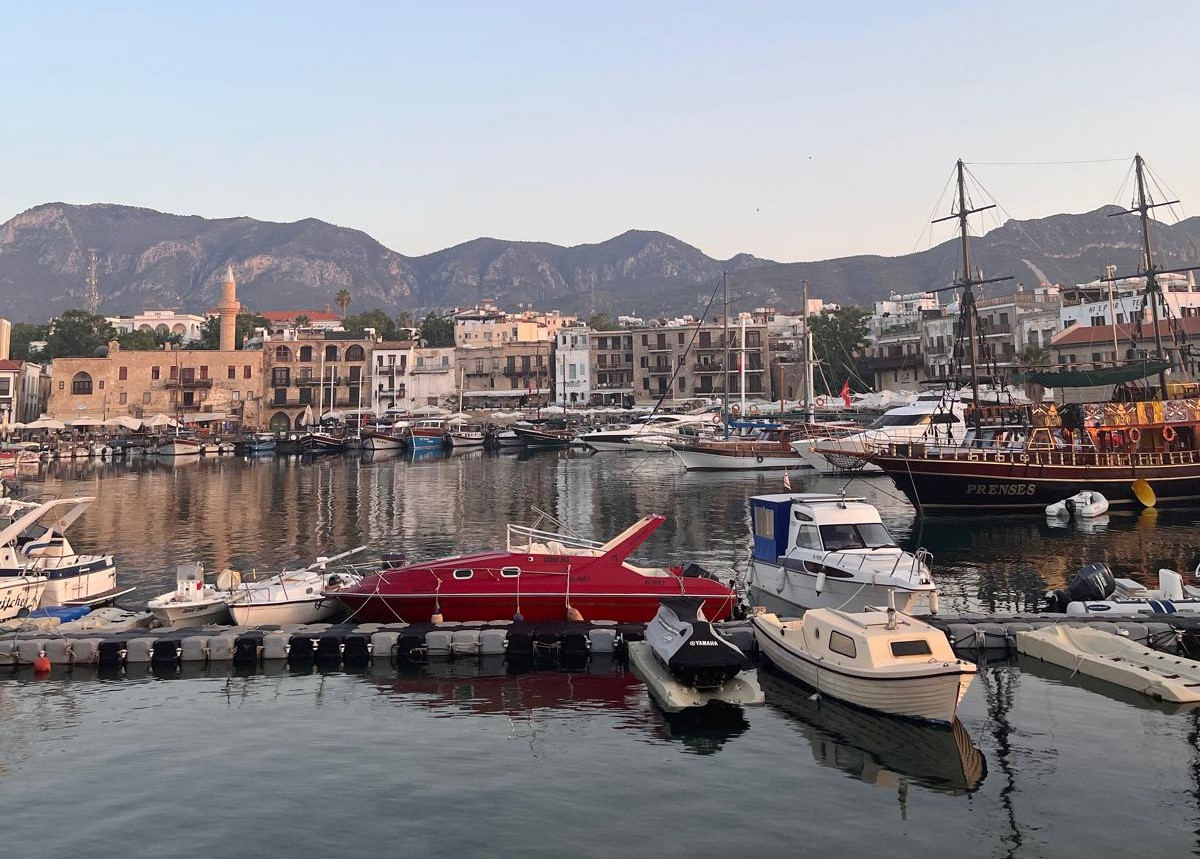The north is “suffering major losses” in its tourism sector, former Cyprus Turkish tourism and travel agencies’ union (Kitsab) director Mustafa Soforoglu said on Friday.
Speaking to news website Haber Kibris, he said the north is facing a “serious decline in the number of foreign tourists”, particularly in terms of those travelling from the United Kingdom.
He pointed to the difference in the number of overseas nationals arriving to both the north and the Republic via air and sea in the first six months of this year, with numbers in the north far smaller than in the Republic.
While the 815,809 Turkish nationals arriving at the north’s airport and ports dwarfed the largest country cohort of overseas nationals arriving in the Republic – some 568,811 British nationals – the difference among the other country cohorts arriving in the north and the Republic is stark.
For example, the number of British nationals arriving via air and sea in the north in the first six months of the year was just 14,237, with this figure including 4,494 British Turkish Cypriots.
While the number of Israelis, Poles, and Germans arriving by air and sea in the Republic in the first six numbers of the year all numbered over 100,000, and more than 90,000 Greek nationals also came to the Republic, the second-largest country cohort arriving in the north during the same period were Russian nationals, who numbered just 21,269.
Iranians and Germans were the third- and fourth-largest country cohorts arriving in the north, with 18,650 and 16,225 air and sea arrivals respectively, with the aforementioned British contingent rounding off the top five.
Citizens of Kazakhstan, Pakistan, and Turkmenistan were in sixth, seventh, and eighth place respectively, with Ukrainian and French nationals making up the top ten. Outside of the top five, there was no country which saw more than 10,000 of its citizens travel to the north in the first six months of the year.
By contrast, the entire top ten of countries’ citizens travelling to the Republic by air and sea was over 25,000, with the countries in sixth to tenth place being Sweden, France, Romania, Austria, and Norway.
Soforoglu was keen to point out that while just shy of a million non-Turkish Cypriots arrived in the north by air and sea in the first six months of the year, just 160,795 of them were not Turkish nationals.
He pointed out the stark difference with the Republic, where the number of arriving non-Republic of Cyprus nationals arriving by air and sea in the first six months of the year was 1.65 million, of whom 1.56 million were not Greek nationals.
Delving into reasons why, he said the costs of flights to and accommodation in the north have both increased, which, he said, “makes it difficult for tourists” to choose to travel to the north.
Additionally, he said, “there is inadequate promotion in the international arena” in terms of advertising campaigns. He said this “reduces the capacity” of the north to attract tourists.
He also said the north’s ‘government’ has “removed incentives” which supported the tourism sector, and that there are also “negativities regarding security and the environment” which are persuading tourists to choose other destinations.
This goes hand in hand with what he described as “insecurity” on the part of overseas-based tour operators, who are now choosing to deal with “different destinations”.
“These figures show that while southern Cyprus is making steady progress in tourism, they reveal that the TRNC is stagnating. There is no country left with which our tourism sector can compete, and while our neighbour is increasing its income every year, we are losing,” he said.







Click here to change your cookie preferences